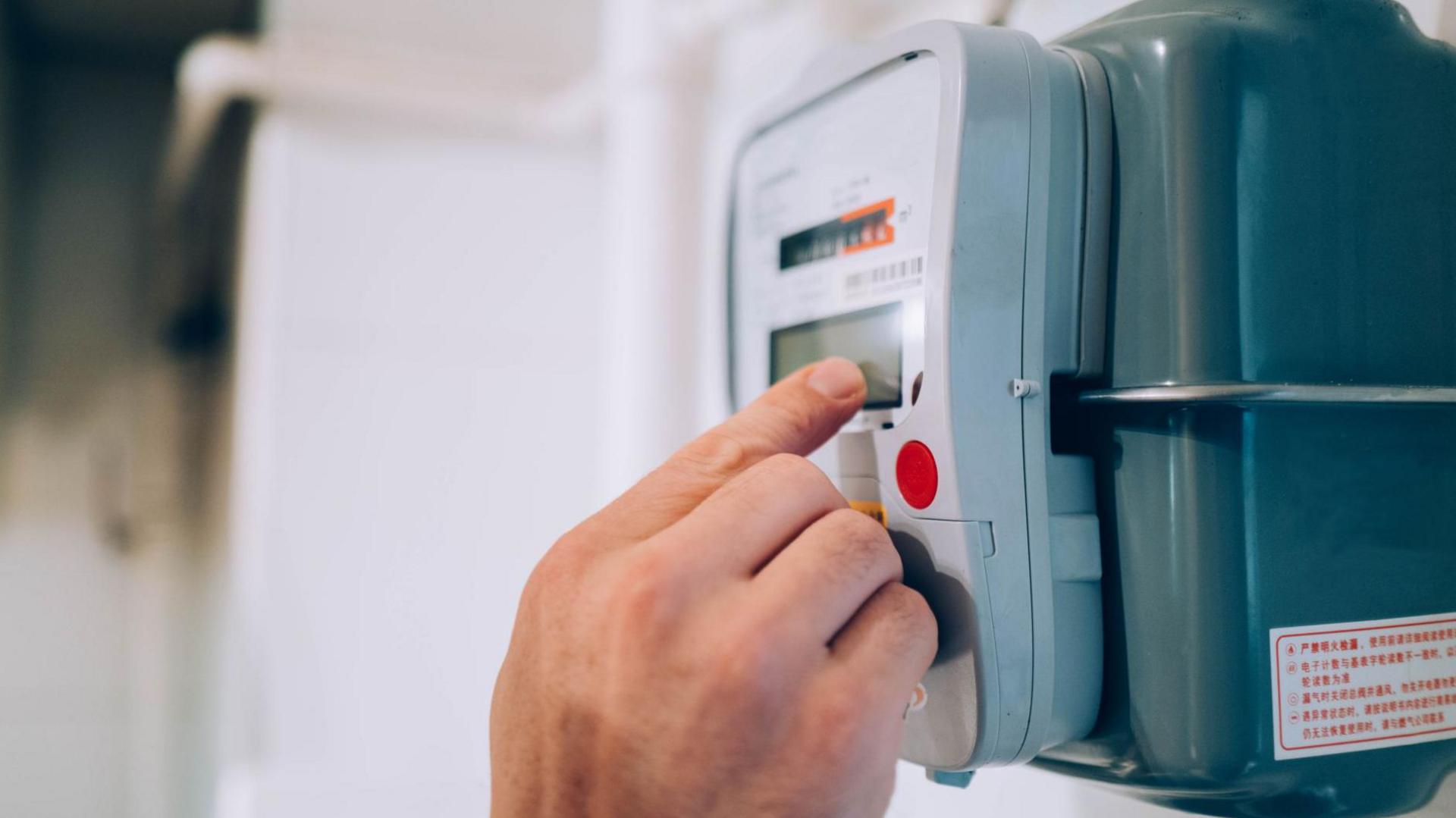Help with energy bills urged for struggling pensioners
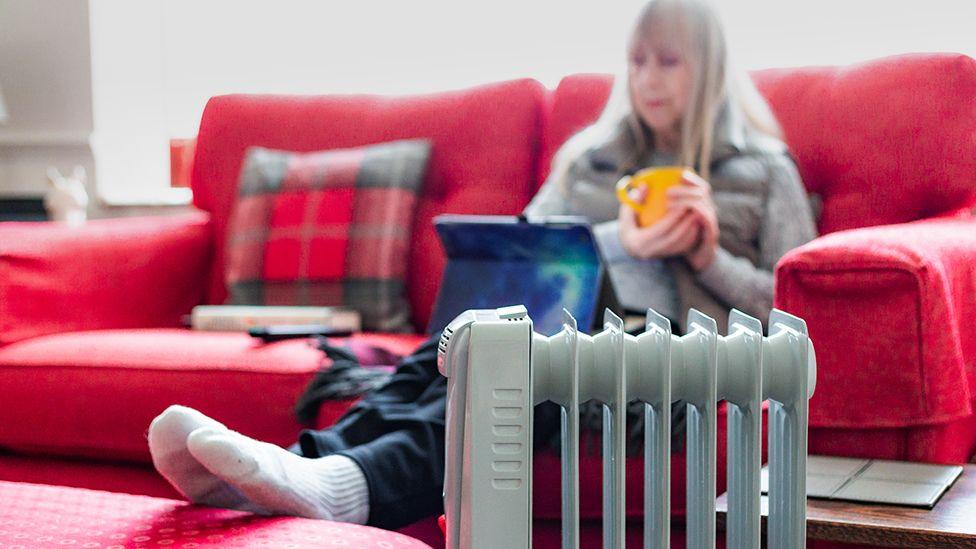
- Published
Pensioners with the highest needs and lowest incomes should receive better targeted support with energy bills, says Citizens' Advice.
From next month, those not on pension credit or other means-tested benefits will no longer get the annual winter fuel payments, worth between £100 and £300.
But Citizens' Advice boss Dame Clare Moriarty, who attended a government meeting with energy firms to discuss the issue on Wednesday, called for a "social tariff" - discounted bills for those least able to afford them.
The prime minister has defended the decision to scrap universal winter fuel payments, saying it was needed to repair what he claims is a £22bn "hole" in the public finances.
In a speech on Tuesday, Sir Keir Starmer said he had to be honest that "things [would] get worse before they [got] better" when it came to public spending.
The meeting to discuss how to help those struggling with energy bills was called last week by Energy Consumers Minister Miatta Fahnbulleh after it was announced the energy price cap would rise from October.
Regulator Ofgem has said gas and electricity prices will rise by 10% in England, Scotland and Wales under the new energy price cap, with the typical annual dual-fuel bill paid by direct debit to be £1,717 per year.
Ofgem, trade association Energy UK and Citizens Advice all attended the meeting.
'Red lights flashing'
Following the meeting, Ms Fahnbulleh said the determination from all those present to protect vulnerable families was clear.
"We are committed to putting in place winter support this October. We will be hashing out the details over the next month so that families that need it are protected in the colder months.”
Energy UK chief executive Emma Pinchbeck told the BBC that the "red lights [were] flashing on the dashboard".
"It was crystal clear that we all agree there was a real problem for this winter.
"We definitely need intervention. We have to do our bit as industry but we know it’s got to be a partnership with government."
She added that the meeting had been "really positive" with some "good ideas in the room".
Both Octopus Energy and Good Energy called for long-term investment in renewables to help bring bills down. Good Energy also repeated its call for the government to implement a social tariff.
Earlier, Dame Clare said: "Winter fuel payment will still be paid to people receiving pension credit, and that’s actually one of the most underclaimed benefits there is, so 1.4 million people receive pension credit and there’s nearly another 900,000 people who could.
"It’s really important to see better support so that people do access it."
However, there are concerns the government's decision to stop the payments for everyone could create a public health emergency.
Speaking to the BBC, Dame Clare said pensioners who are least able to afford gas and electricity should be put on to a social tariff offering discounted bills.
And she said energy suppliers "need to step up to their responsibilities on energy efficiency and on payment plans for those who are struggling".
Roger Gardner, 73, is classed as extremely clinically vulnerable. He told the BBC that means he has to stay warm in the winter. He and his wife have lost their winter fuel payments, a change they didn't anticipate.
"It's not as though we've got extra money coming in. Unfortunately when you're a pensioner, money is limited and what you've got coming in, that is it and you've got to plan how you spend it really wisely."
He said they don't eat much anyway so they can't cut down on food.
"Turning [down] the thermostat unfortunately doesn't work because I've got to keep warm all the time in the winter. We're hoping that we don't have a cold winter."
The charity Age UK says it believes "as many as two million pensioners who find paying their energy bills a real stretch will be seriously hit by this cut" and have launched a petition calling for a government U-turn.
The Conservatives have also urged Labour to back down on the decision and are seeking to challenge the policy change in the House of Commons.
'Choice we had to take'
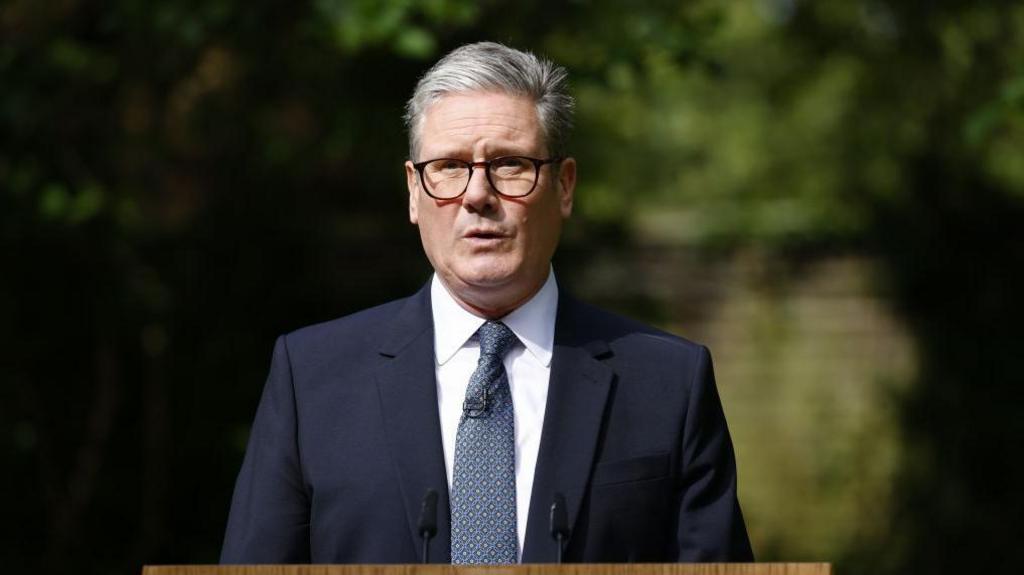
The prime minister says means-testing winter fuel payments was a "choice we had to take"
The decision was announced in July by Chancellor Rachel Reeves and applies to pensioners in England and Wales. Subsequently the Scottish government has said it will follow suit and scrap universal fuel payments.
Since the announcement both Ms Reeves and Sir Keir have defended the move.
On Tuesday, the prime minister said he "didn't want to means-test the winter fuel payment but it was a choice we had to take". Speaking on Wednesday, the chancellor said it was necessary "given the inheritance that we faced from the Conservative government".
However, Paul Johnson of the Institute for Fiscal Studies has previously said "half of [the] spending 'hole' is public pay over which government made a choice and where pressures were known". For example, £9bn of that came from government agreeing higher pay awards to the public sector.
Wednesday's meeting followed the publication of a new report, external that has found that the reduction of people in fuel poverty has "flatlined" in the past few years.
"There has been a stalling of progress," said Caroline Flint, chair of the Committee on Fuel Poverty, which advises the government.
Ms Flint said that while the war in Ukraine and the Covid pandemic had "obscured the lack of material progress" being made in fuel poverty reduction, the committee had hoped more progress would have been made on its 2023 recommendations.
These included improving the affordability of bills through fairer pricing and creating a "robust" fuel poverty strategy.
She said eligibility for the Warm Home Discount - a one-off £150 discount applied to electricity bills by suppliers - needed to be widened.
She called for a "winter plan" to help struggling households, including the one in four households in private rented accommodation.
Ms Flint added that without a change in government policy, a drop in fuel poverty levels was unlikely in the near future.
- Published27 August 2024
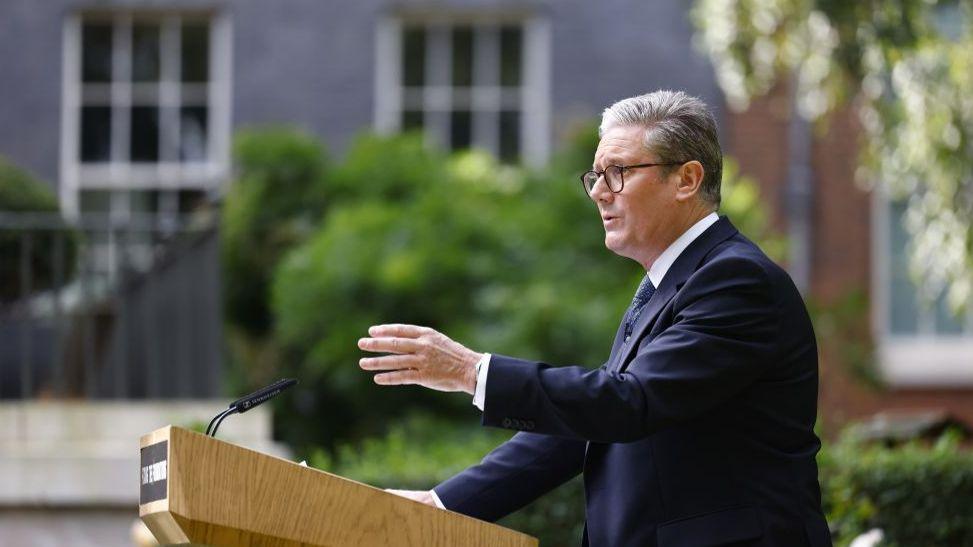
- Published23 August 2024
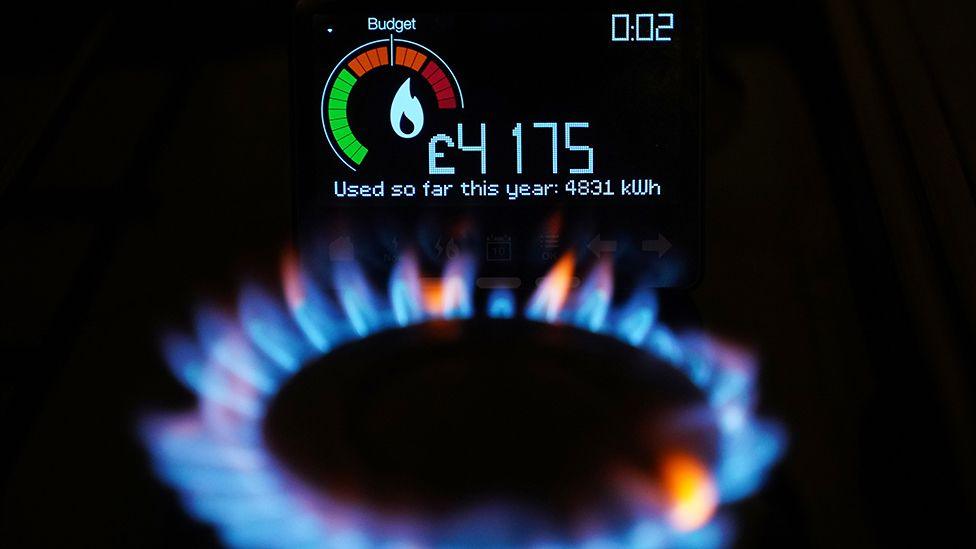
- Published4 August 2024
